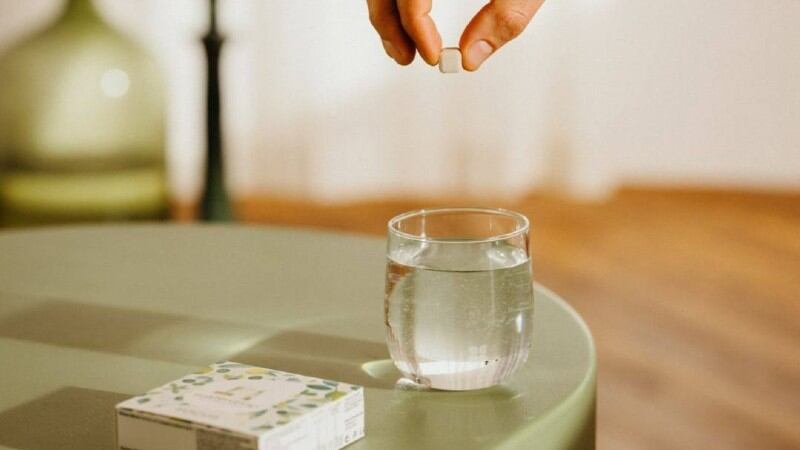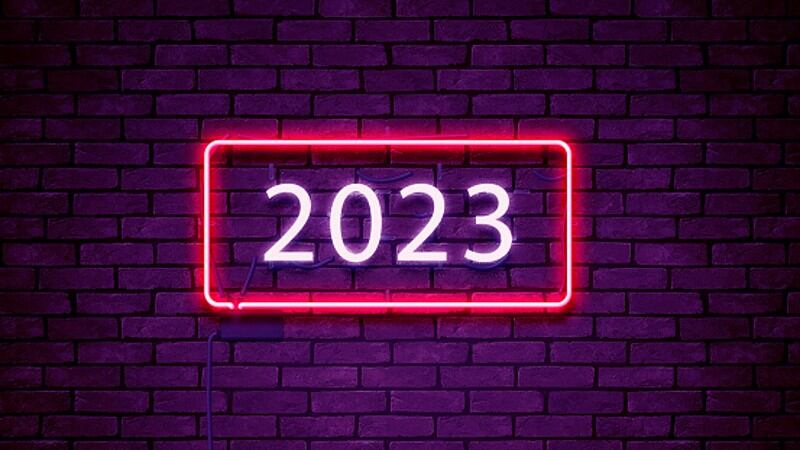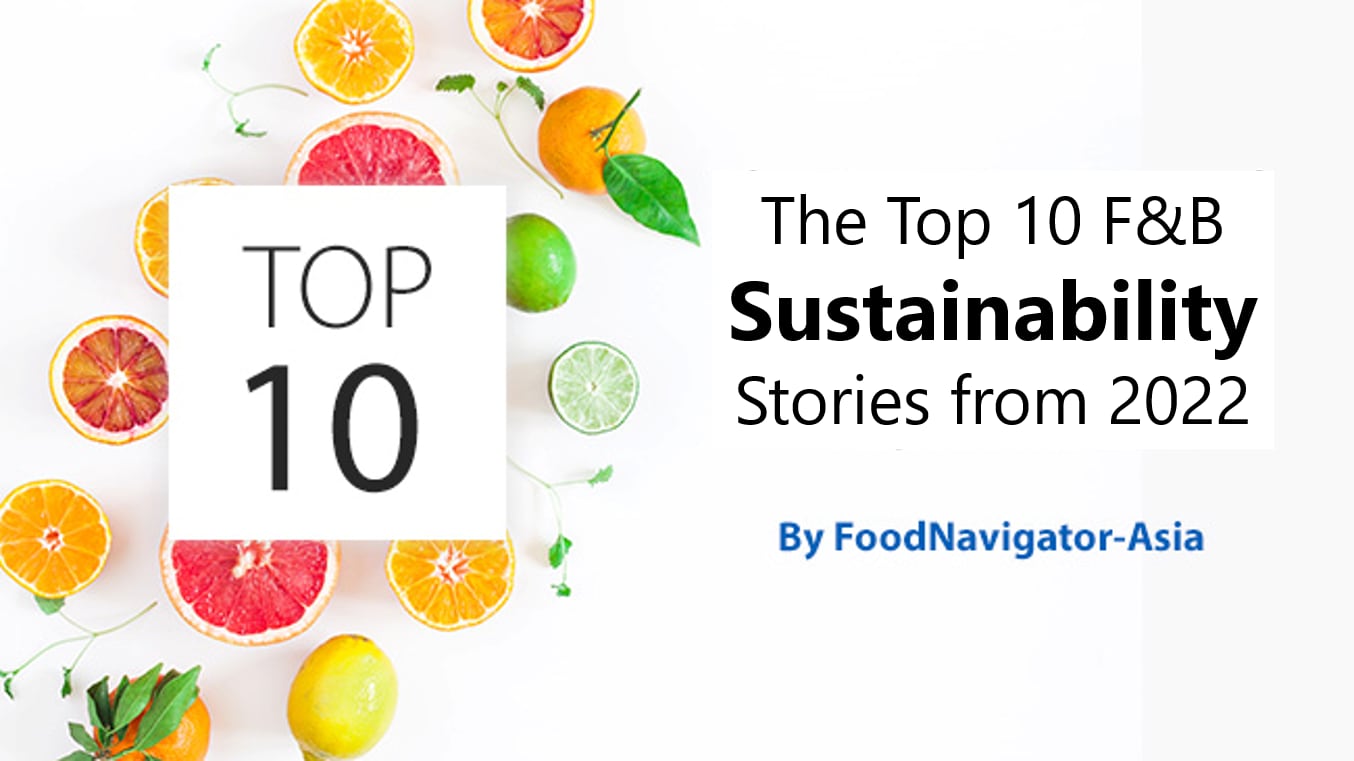First conceptualised and launched in 2016, the firm says its Microdrinks were born out of an ambition to fix a “broken global beverage industry”.
“It has always fascinated me that such a large industry could be so outdated. For decades, companies have been shipping sugar-based and artificially flavoured drinks by the millions in plastic bottles across countries, damaging people’s health and our planet in the process,” Martin Murray, founder and CEO of waterdrop, told FoodNavigator-Asia.
The drinks are formulated with extracts from plants such as Brazilian açaí and Asian ginseng. The product comes in the form of a sugar-free cube that dissolves in water.
Other product ranges include Microteas and Microenergies, which are infused with natural caffeine and serve as alternatives to energy drinks or coffee. The brand also has a line-up of thermal mugs and bottles made of glass and stainless steel to complement its dissolvable cubes.
The brand is currently available in over 11,000 retail stores across 20 markets worldwide, including Europe and USA, as well as more than 2 million online customers.
In November 2022, waterdrop made its debut in Asia, as it opened its first mall-based kiosk in Singapore.
“Singapore’s pro-business environment, infrastructure and global connectivity makes it a perfect jumping board for us to scale in the Asia-Pacific (APAC) region in the coming years. It is also the base of our major investor Temasek. We have already seen great feedback from local consumers, and we plan to expand to adjacent markets whenever possible,” said Murray.
Packs a punch
The company says it set out to go beyond providing just another beverage option.
Its goal is to “enrich the hydration experience” by offering a holistic solution with an ecosystem of products that encourage people to drink more water, especially those constantly on the go.
“We believe water is the cornerstone of a healthy lifestyle. Safety and quality are of utmost importance to us, so we use medical-grade machinery and operate with a production team with experience in producing pharmaceutical-grade consumable products.
“Production is entirely conducted in a custom-built production facility in Germany, and batch testing is always conducted to ensure our products achieve high standards,” Murray explained.
Compared to a conventional bottled drink, each Microdrink cube reduces plastic use by as much as 98%.
“Sustainability is not a privilege; it is a requirement. We already see that leading beverage companies are searching for greener alternatives to plastic. I’m positive about the industry’s ability to provide consumers with more sustainable options,” Murray added.
Diversification is on the cards
In 2022, waterdrop reached a turnover of €90 million (US$96 million) with the figure expected to rise as markets recover from the pandemic.
“We have some big plans for waterdrop over the next few years, which will transform it into a more diversified and global brand. We will expand our product portfolio to offer a greater variety of taste and functionality,” Murray revealed.
For instance, Murray cited the launch of Microlytes, a caffeine-free beverage packed with electrolytes, zinc and nine types of vitamins.
Driven by the long-term wish of waterdrop’s customers for a sugar-free electrolyte drink, this innovation comes after several rounds of R&D, reviews and tastings within the company and among selected external testers.
Depending on the demand, waterdrop also sees possibilities of introducing localised flavours for different markets in the near future.





